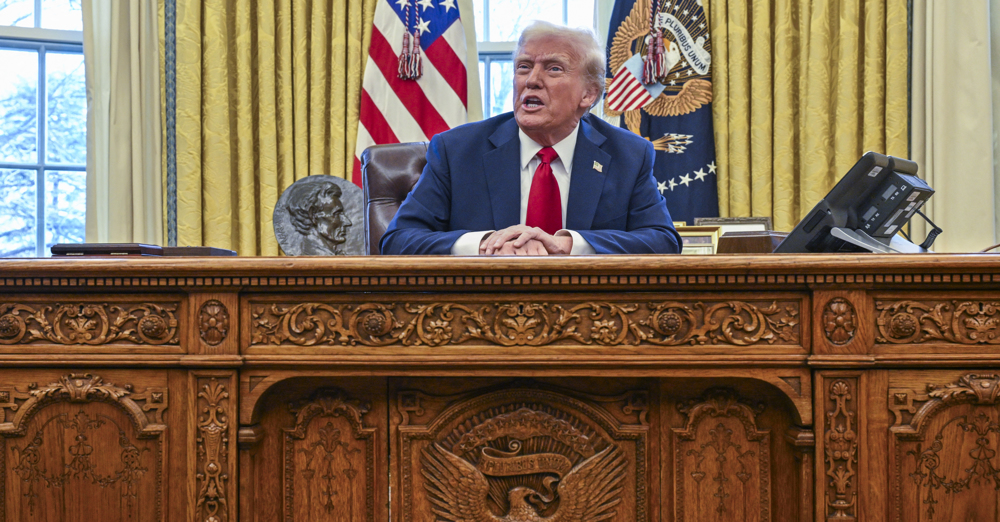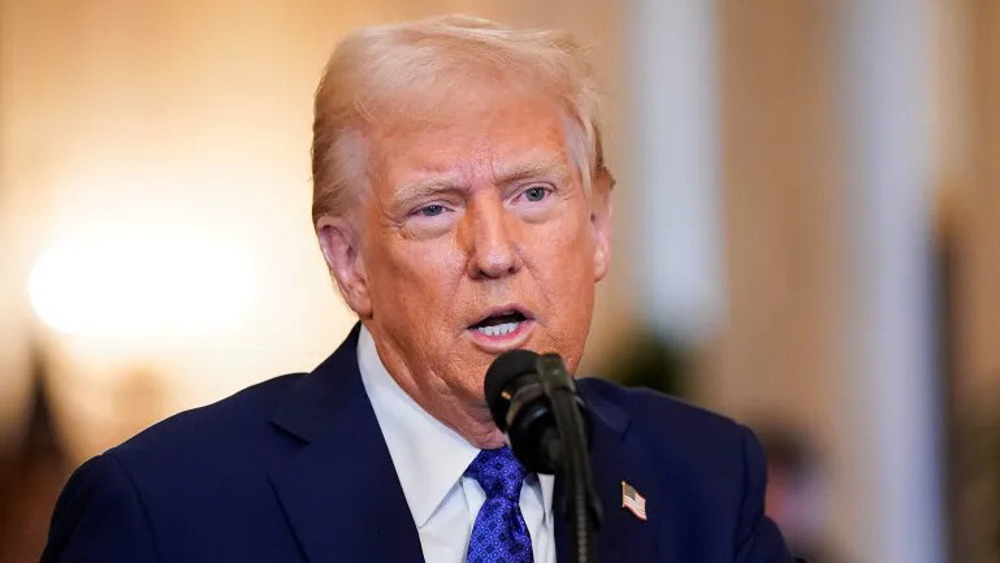US-China trade deal 'stalled’ over Hong Kong legislation: US media
A trade deal between United States and China was now stalled after President Donald Trump signed into law a legislation supporting anti-government protests in the semi-autonomous territory, according to US media reports.
The deal was stalled also because time was needed to allow Chinese President Xi Jinping’s domestic politics to calm, US news website Axios reported on Sunday, citing a source close to Trump’s negotiating team.
China’s Foreign Ministry said on Thursday that legislation signed by Trump on Wednesday backing protesters in Hong Kong was a serious interference in Chinese affairs.
Public anger in Hong Kong initially erupted against a controversial extradition bill. The proposal was later shelved in the wake of criticisms, but anti-government rallies continue unabated, with rioters vandalizing public and private property and attacking security forces and government buildings.
The Hong Kong crisis is definitely a negative factor in the trade talks, Zhang Yansheng, principal researcher at the state-affiliated think-tank China Center for International Economic Exchanges, said at the Bloomberg forum in November.
Trump announced in October that his administration had reached a tentative agreement for the first phase of a trade deal, with China.
However, completion of a phase one trade deal will likely be postponed to next year, as Beijing presses for more extensive tariff rollbacks and Washington counters with more demands of its own, according to trade experts and people close to the White House.
The 16-month trade war with China has created turmoil for US businesses and farmers, disrupted global supply chains and increasing the threat of a recession worldwide.
Since early 2018, the United States has pursued a deliberate policy of attempting to hurt China’s economy in response to concerns about the shifting balance of economic power and unfair trade practices.
The narrow, publicly stated goal has been to force China to change its industrial policies, including subsidies, state-directed lending, intellectual property protection and market access.
The broader strategic aim has been to restrain the country’s growth and shore up the current US-led global balance of power.
For many US policymakers, an economic slowdown has been a price worth paying to try to force changes in China’s economic policies and counter the country’s rapid economic rise.
For at least some US policymakers, any truce is designed to buy more time to complete the partial delinking of the US and Chinese economies and reorient global value chains away from China.
Iran warns attack on its nuclear sites will lead to ‘widespread regional war’
Mohammed Deif’s followers to liberate Palestine, his wife says
Pezeshkian: Imperialism seeks to portray Islam as threat to humanity
Russia may expand nuclear capability to counter US efforts: Russian diplomat
VIDEO | Press TV's news headlines
VIDEO | Palestinians voice support for resistance
Hamas says Deif, fellow leaders shattered Israel’s myth of invincibility
IRGC: Legacy of Qassam Brigades martyrs eradicating ‘cancerous tumor’ of Israel











 This makes it easy to access the Press TV website
This makes it easy to access the Press TV website